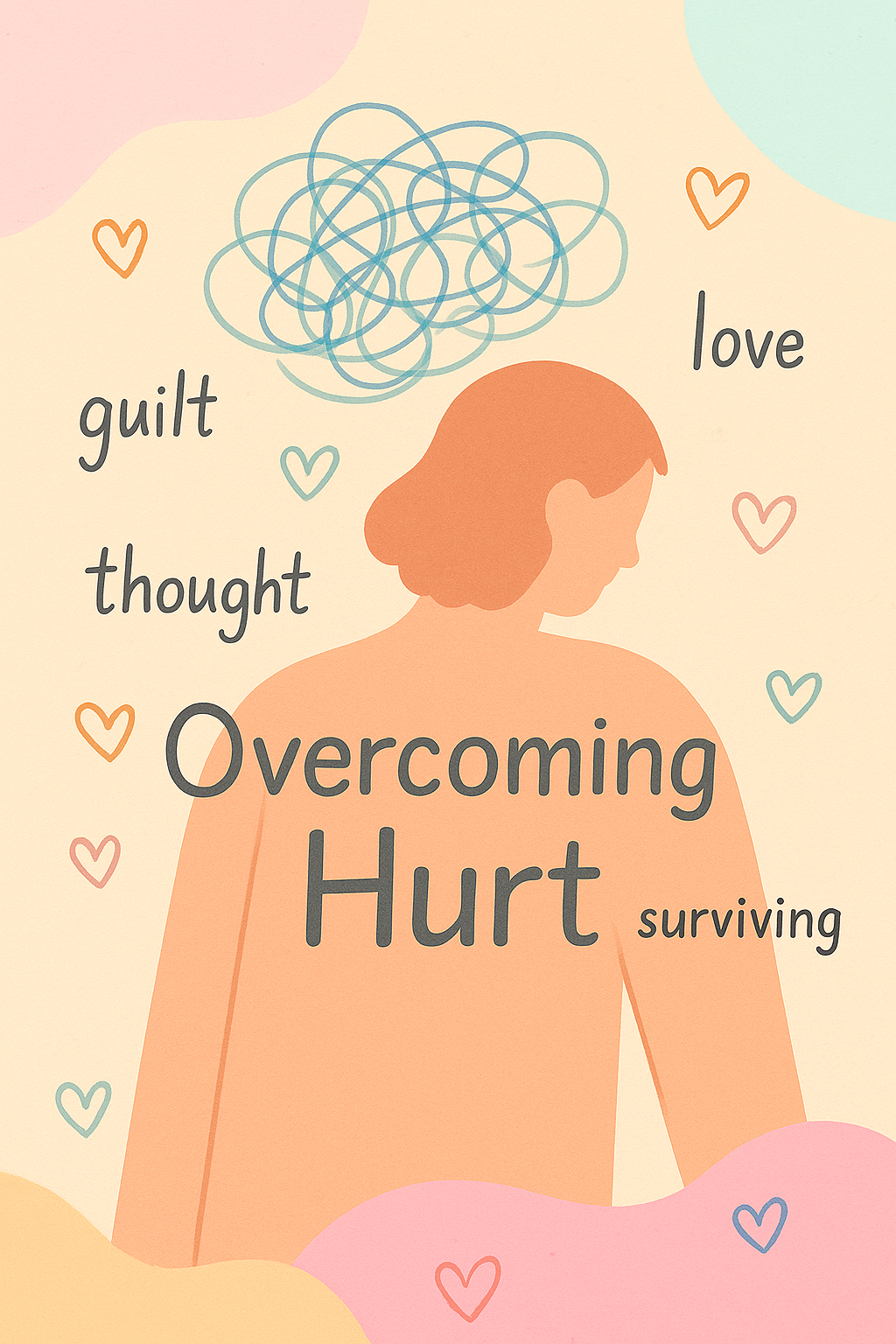Overcoming detachment and breakup
 The Harsh Truth We Never Saw Coming
The Harsh Truth We Never Saw Coming
Harsh truths don’t arrive gently.
They crash like a wave you didn’t see forming — quiet at first, then suddenly pulling you under.
It’s the moment your illusions break.
What you thought was solid becomes shaky.The person you trusted, the belief you held, the hope you nurtured — all feel like strangers.
The truth doesn’t knock. It enters when it wants.And when you’re not ready, it feels like betrayal by reality itself.
You feel disoriented. Grieving something you can’t name.Your body tenses. Your chest is heavy.
You replay the past over and over, asking: How did I not see it?
But here’s what’s rarely said :
That moment of devastation is also the beginning of clarity.
Raw, painful, unfiltered clarity.It doesn’t heal you immediately, but it starts something honest inside you.And though it hurts, you begin to see:The truth didn’t come to destroy you.It came to free you.
Coping with a harsh truth — especially one you weren’t ready to face — takes both tenderness and strength. Here’s a grounded way to approach it:
1. Let it Break You — Safely
The first wave is emotional. Don’t rush to “fix” it. Cry, sit in silence, talk to someone you trust, or write it out. The pain is valid. You’re not weak for feeling it — you’re human.
What helps: Journaling. Crying without judgment. Speaking with a therapist or wise friend.
2. Name It
Often, what overwhelms us is not knowing what we’re actually feeling. Is it betrayal? Grief? Guilt? Abandonment?
Naming your pain gives you power over it.
3. Normalize the Shock
You are not broken because the truth hurt.
Reality shifting beneath you will shake your identity, beliefs, and safety. That’s expected.
Tell yourself: “I wasn’t ready, and that’s okay. I’m learning to see clearly now.”
4. Anchor Yourself in the Present
Harsh truths often trap us in endless loops of “what if” or “how could they?” You need anchors:
– Breath.
– Touch.
– Sound.
– Nature.
Anything that reminds you you are still here.
5. Choose the Smallest Next Step
Courage isn’t a grand leap — it’s choosing to stand, even with trembling legs.
Ask: What is one small thing I can do today that supports my healing?
It could be as simple as making your bed, taking a walk, or unfollowing someone.
6. Redefine Strength
Strength isn’t “getting over it” fast. It’s staying with yourself through the mess.It’s saying: “I’ll carry this truth, but it won’t carry me.”
7. Look for Meaning, Not Just Relief
Over time, ask: What did this truth reveal about me?
What do I value now?
What boundary will I protect more fiercely?
This is where your sanity rebuilds itself.In choosing meaning, not just survival.
8. End With Compassion, Not Bitterness
Even if the truth came through pain, choose not to become it.
You deserve peace more than revenge. Forgive them and yourself.
Let what hurt you refine you — not define you.
https://www.instagram.com/psychotalk_with_drshruti?igsh=d2UwaGxoNHJhMjU4&utm_source=qr
Comments
Post a Comment